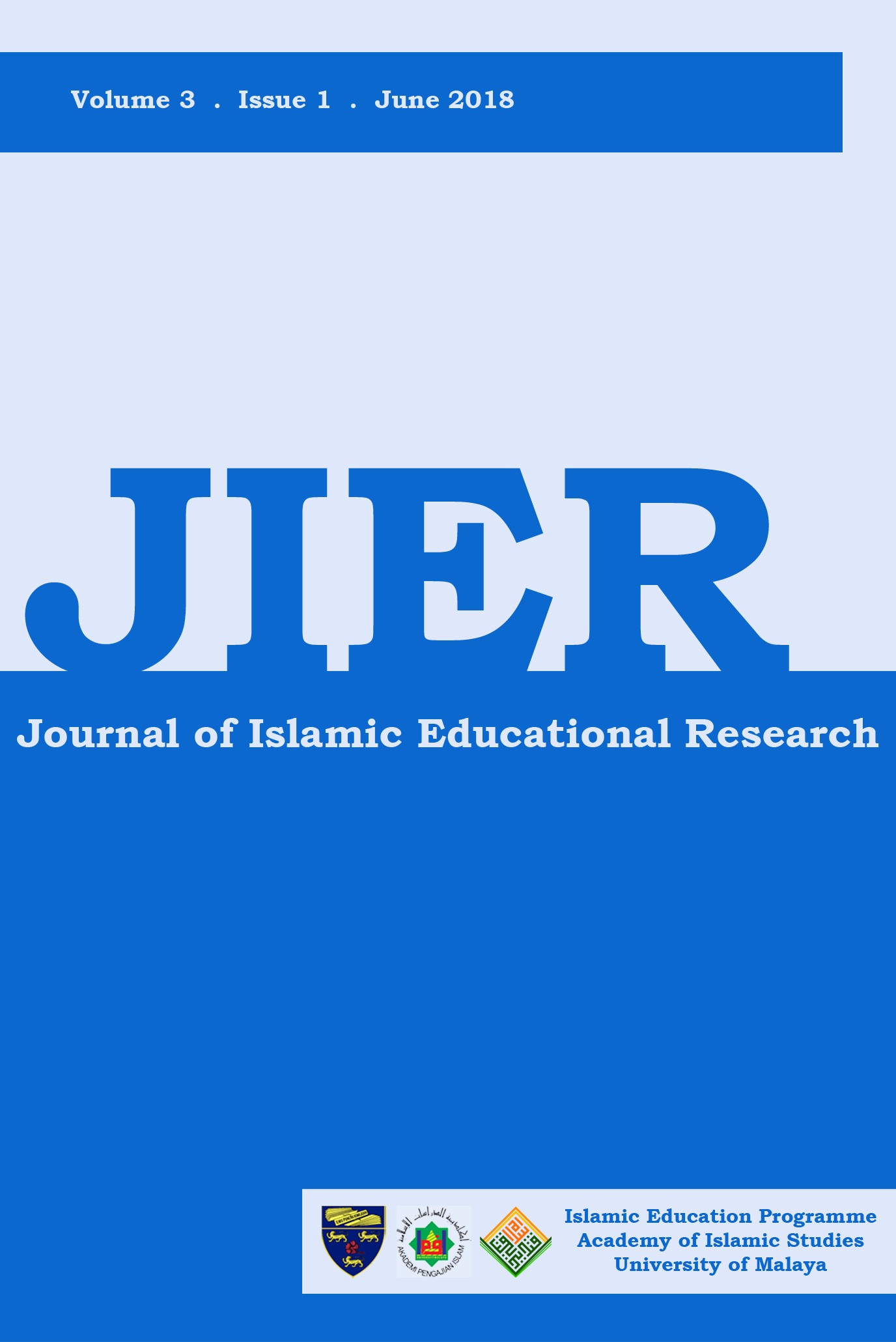ACCEPTING THE AUTONOMY’S PILLAR ‘FREEDOM OF THE WILL’ IN MORAL EDUCATION BASED ON ISLAMIC MYSTICISM: THE CAPACITY OF SOUTH EAST ASIA’S
Keywords:
Moral Education, Theory of Autonomy, East Asia, Mystical Approach, Islamic EducationAbstract
The current article seeks to demonstrate the possibility of modernizing Islamic moral education in a special part of Muslim lands namely South East Asia by adapting to the theory of autonomy (moral independence) based on the unique capacity of Islamic mysticism. The method of this research is qualitative. The purpose of the article is to prove that due to the wide mysticism found in the South East Asia region, such as Malaysia, there is a large capacity in this region for the develpopment of Islamic moral education and the acceptance of main pillar of autonomy namely freedom of the will, which is an important step in the modernization of Islamic education. The result of this article is that the freedom of the will means that the moral deed must be performed solely for the purpose of its duty and Islamic mysticism precisely explains such motivation for the mystic and thus becomes consistent with the theory of autonomy in this regard. Another result of this article is that South East Asia has the willingness of such a movement (modernization of Islamic moral education with autonomy’s acceptance). The summary of the article is that aligning the Islamic mysticism with the autonomy which symbolizes the modern education on the one hand and the intense mystical tendencies in the South East Asia regions on the other hand provide the proper grounds for both of education scholars and policy makers to begin the movement towards the modernization of education.
Downloads
Downloads
Published
How to Cite
Issue
Section
License
The published manuscript shall be a copyright of the Islamic Education Programme, Academy of Islamic Studies, University of Malaya, Kuala Lumpur, Malaysia. The published manuscript would not represent the stand or opinion of the Advisory Board, Editorial Board, Co-Editorial Board and the Management Team of Journal of Islamic Educational Research (JIER), or the Islamic Education Programme, Academy of Islamic Studies, University of Malaya.
Note: This is an open access journal which means that all content is freely available without charge to the user or his/her institution. Users are allowed to read, download, copy, distribute, print, search, or link to the full texts of the articles in this journal without asking prior permission from the publisher or the author. This is in accordance with the BOAI definition of open access.






